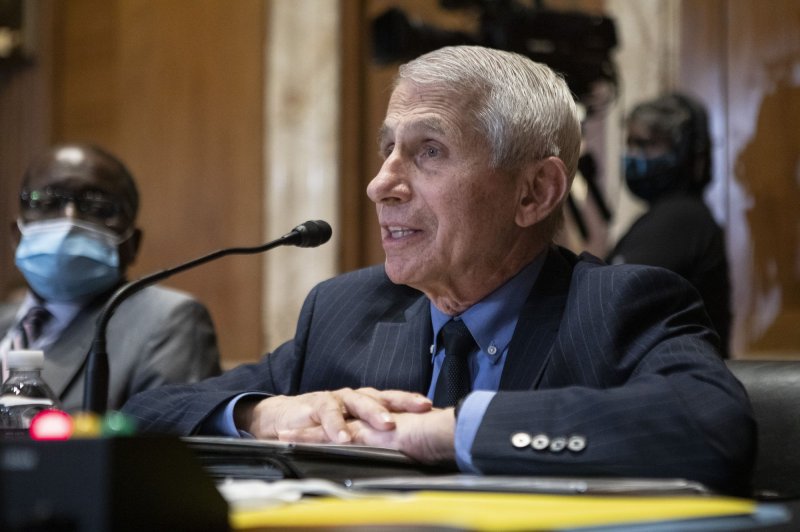Sat, July 30, 2022

Ted Cruz (L) and Jon Stewart (R) are embroiled in an all-out Twitter war over veterans' healthcare — specifically, the former's 'No' vote on the PACT Act.
Cruz was one of several Republican lawmakers who blocked the bill in the Senate.
The bill would have expanded healthcare for veterans exposed to toxic burn pits.
Comedian Jon Stewart lashed out at GOP Sen. Ted Cruz on Twitter over a veterans healthcare bill.
Stewart initially uploaded a clip addressing inaccuracy to a response Cruz gave on why Republicans blocked the PACT Act, a bill that would have expanded healthcare for veterans exposed to toxic burn pits. Cruz was one of several Republican lawmakers seen fist-bumping after the bill was blocked.
Cruz said while he supports the PACT Act, the dispute is over Democrats "playing a budgetry trick," by taking "$400 billion in discretionary spending and shifted it to mandatory spending."
Stewart replied by pointing out that "it's no trick."
"Ah dearest Theodore. I do appreciate you and @JesseBWatters trying to rally the forces of misinformation to try and kill more vets…but not tonite sweetie. I'll go slow cuz I know you only went to Princeton and Harvard…" Stewart tweeted. Stewart was likely referring as well to Fox News host Jesse Waters' segment on him on "Jesse Waters Primetime," where Waters claimed the comedian's blame on Republicans for the PACT Act not passing was "misguided."
"Everything in the government is either mandatory or discretionary spending depending on which bucket they feel like putting it in. The whole place is basically a fucking shell game," Stewart said. "And, he's pretending that this is some new thing that the Democrats pulled out, stuck into the bill and snuck it past one Ted Cruz."
Poking fun at Cruz, Stewart added: "Now, I'm not a big city Harvard educated lawyer, but I can read. It's always been mandatory spending."
In a response video, Cruz called Stewart a "funny guy."
"I appreciate your engaging on issues and public policy," Cruz said in a video attached to his tweet.
He said that the "facts matter" and that he believes in taking care of veterans and alleged that the "accounting gimmick" by Democratic lawmakers would have been "irresponsible" in light of inflation.
"And I'll say this also, Jon, if you actually want to see this bill pass, if you're not just playing partisan politics, it may not be the best idea just to scream expletives at people who support the bill that you want to see passed," Cruz said.
Stewart has been a vocal proponent for healthcare for veterans, and spent years advocating for the cause on Capitol Hill. He gave an emotional speech to Congress in 2019 where he recounted how he and friend — 9/11 first responder Ray Pfeifer — knocked on doors to speak to lawmakers who dodged their questions or turned them away.
Stewart this week hit out at Republican senators for blocking the advancement of the PACT Act, which would have expanded access to health care for veterans exposed to burn pits and toxic contaminants.
"This is corruption at its finest. And sadly, these are the people that fought and defended their right to this fuckery," Stewart told reporters on Capitol Hill. "If this is America First, America is fucked," Stewart said.

















